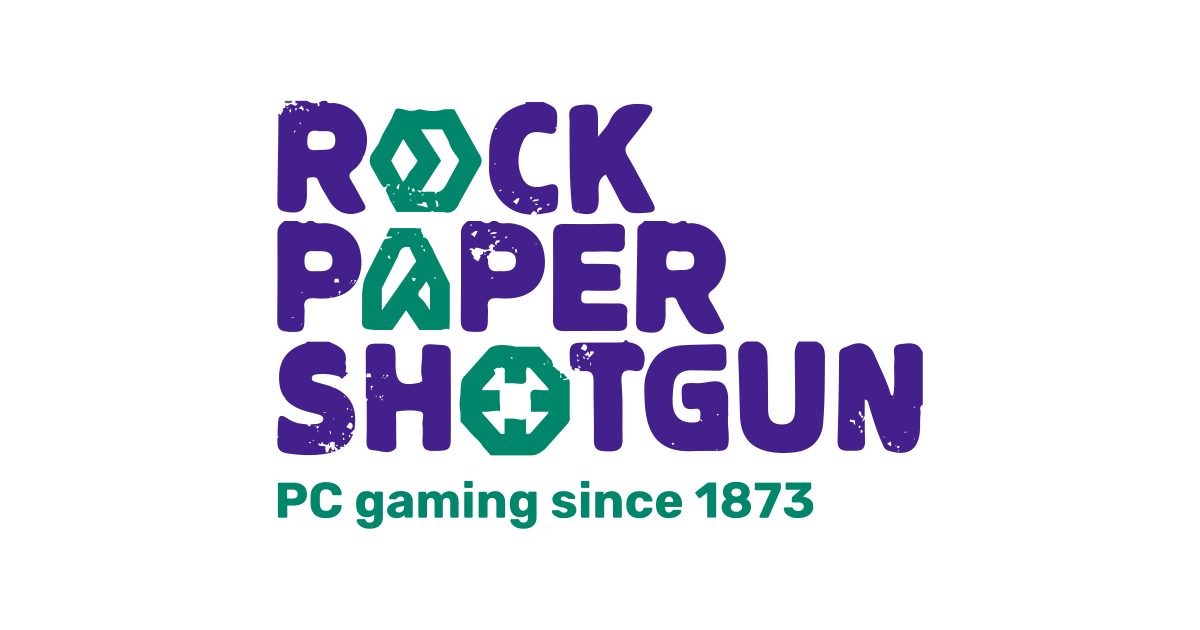Remember that gritty, cyberpunk RoboCop game we were all hyped for back in 2021? The one that promised to let us step into the steel-toed boots of the iconic cyborg lawman and carve a path through Detroit’s criminal underworld? Well, it’s finally getting its moment in the sun! After years of radio silence, RoboCop: Rogue City is charging back onto the scene with a confirmed release date. Buckle up, gamers – it’s time to get down to business in the mean streets of Neo-Detroit.
A Return to Form: Speedy Development and Quality Concerns

The announcement of “RoboCop: Rogue City – Unfinished Business” just last month was met with considerable enthusiasm. The first game, while not a critical darling, garnered a respectable 7/10 score from most reviewers, a rare feat for an AA title in this day and age.
What truly excites fans, however, is the rapid development cycle of “Unfinished Business.” Set to release this coming July 17th, the sequel arrives less than two years after its predecessor. This begs the question: can a faster development process actually lead to a higher quality product? Could “Unfinished Business” potentially surpass expectations by sidestepping the pitfalls of extended development cycles often associated with bloat and unnecessary features?
Gamestanza believes this rapid turnaround could be a boon for “Unfinished Business.” A shorter development time might streamline the creative process, allowing developers to focus on refining core gameplay mechanics and delivering a polished experience without getting bogged down in unnecessary additions.
The Power of Focused Development
The gaming industry has seen numerous examples where protracted development times have resulted in bloated, overcomplicated games. Features are added, expanded upon, and re-tooled, often at the expense of core gameplay and a cohesive vision. “Unfinished Business,” with its streamlined development cycle, has the potential to avoid these pitfalls.
By concentrating on refining existing elements and delivering a tight, focused experience, Teyon could potentially create a game that is both mechanically sound and narratively engaging. This rapid development could also allow for more agile responses to player feedback, leading to a more refined and satisfying product at launch.
The Future of the RoboCop Franchise
The success of “Unfinished Business” has the potential to significantly impact the future of the RoboCop franchise. A well-received sequel could reignite interest in the franchise, paving the way for new installments and exploring diverse gameplay experiences.
A Revitalized Franchise
The first “RoboCop: Rogue City” demonstrated the inherent appeal of the RoboCop IP. The gritty, futuristic setting, combined with the morally complex protagonist, provided a compelling backdrop for an action-packed FPS experience. “Unfinished Business,” with its potential for enhanced level design, refined gameplay, and a focus on the core elements that made the first game successful, could solidify the franchise’s place in the gaming landscape.
Exploring New Gameplay Possibilities
The success of “Unfinished Business” could also open the door for exploring new gameplay experiences within the RoboCop universe. Future installments could delve into different genres, such as stealth, action-adventure, or even a narrative-driven RPG, leveraging the rich lore and multifaceted character of RoboCop.
- Stealth Gameplay: Imagine a game where you utilize RoboCop’s advanced technology and surveillance abilities to infiltrate enemy strongholds, taking down targets silently and strategically.
- Action-Adventure: A more open-world experience could allow players to explore the sprawling cityscape of Detroit, completing missions, uncovering conspiracies, and interacting with a diverse cast of characters.
- Narrative RPG: Explore the psychological complexities of being RoboCop through a story-driven RPG. Make choices that impact the narrative, forge relationships, and grapple with the moral dilemmas inherent in the character’s existence.
The potential for the RoboCop franchise is vast, and “Unfinished Business” could serve as a springboard for a captivating and diverse range of future experiences.
Conclusion
So, there you have it. RoboCop: Rogue City, that promising but troubled title, finally has a release date – and it’s coming sooner than expected. The article delves into the game’s troubled development, highlighting the need for a polished experience given the high expectations surrounding the RoboCop license. It also touches on the potential for this release to revitalize the franchise in gaming and capture the gritty, cyberpunk spirit that made the original films so iconic.
The significance of this release extends beyond just one game. It speaks to the broader challenges of game development, particularly in the realm of licensed properties. Will Rogue City be the triumphant return to form that fans hope for? Or will it become another cautionary tale of unfulfilled potential? Only time will tell. However, its arrival undoubtedly marks a pivotal moment for both RoboCop and the gaming industry as a whole. It presents an opportunity to reimagine a classic character for a new generation and to explore the complex themes of technology, justice, and humanity that resonated so deeply with audiences in the 80s. The future of RoboCop in gaming hangs in the balance, and all eyes will be on Rogue City when it finally hits the streets.
Are you ready to serve the city?